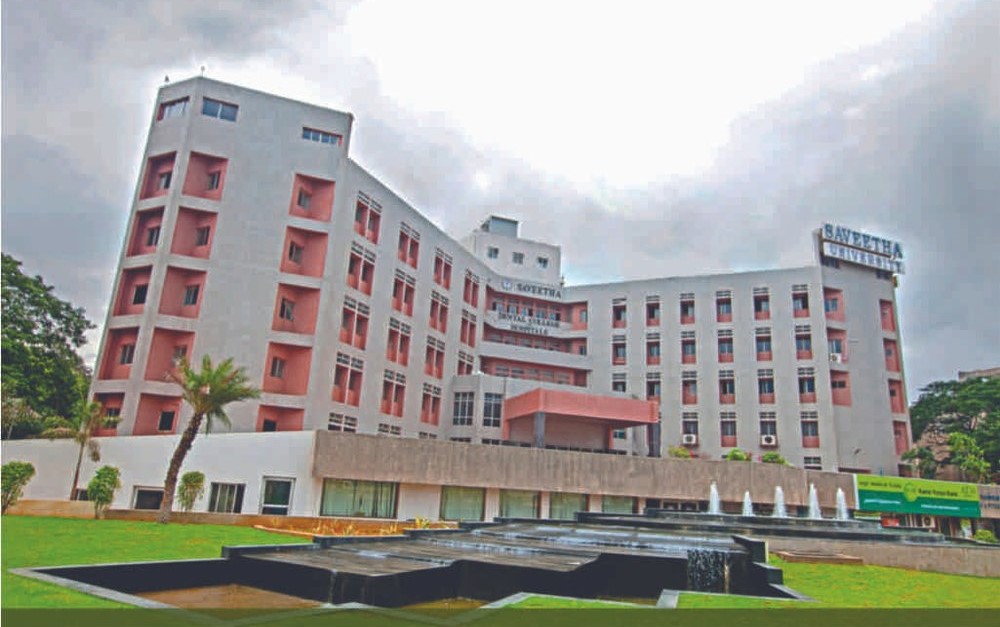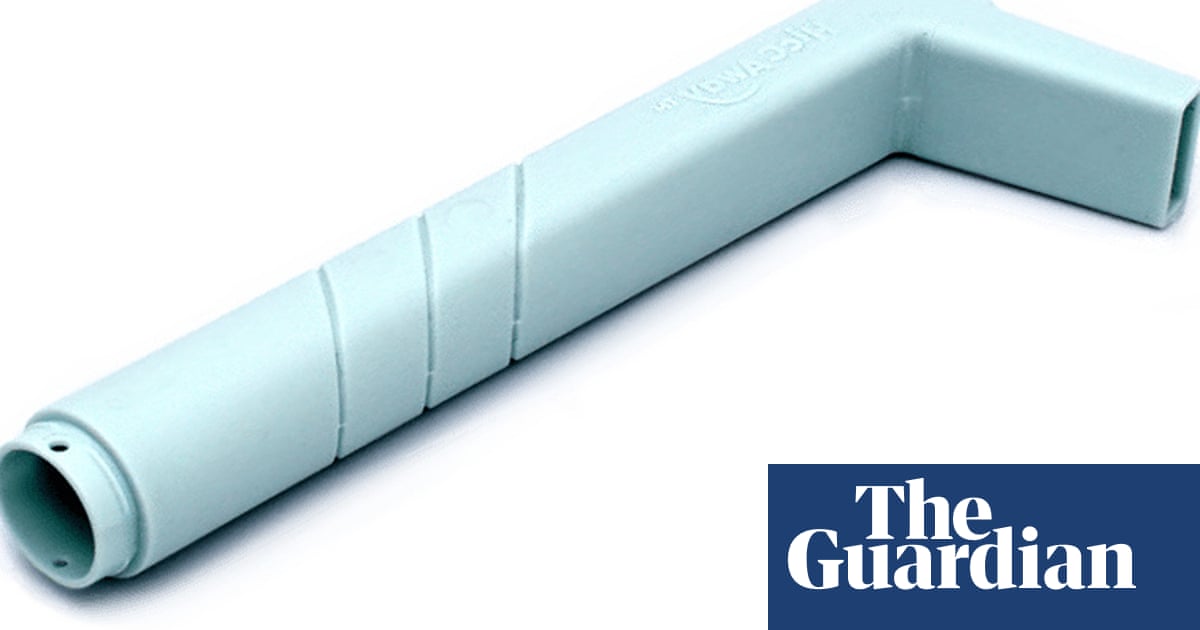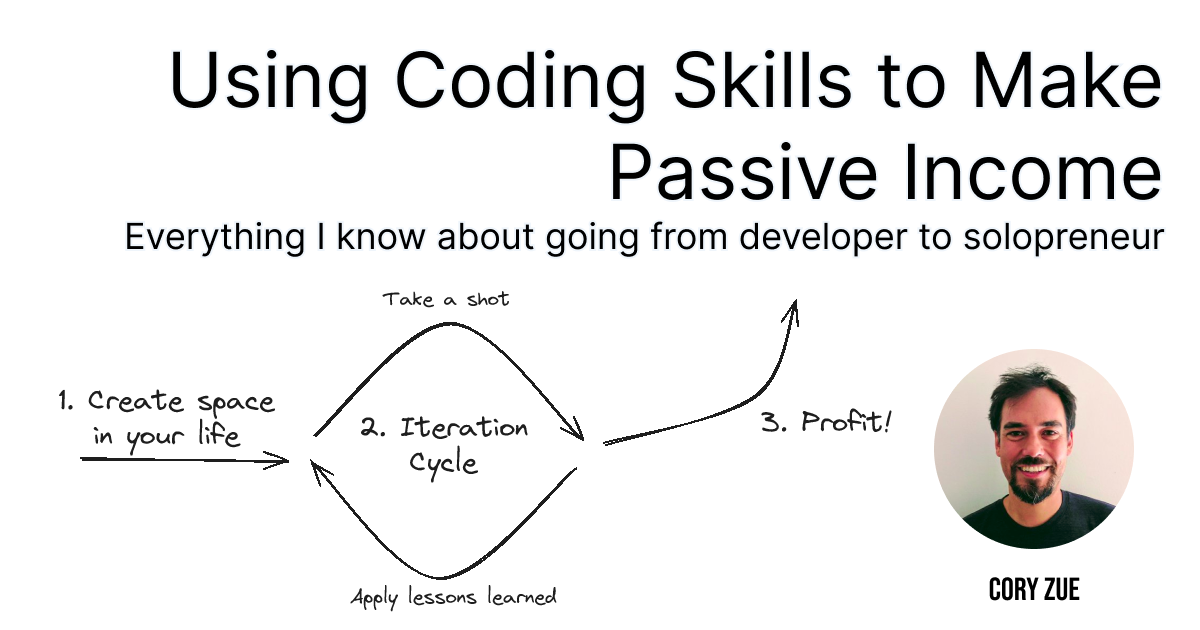
The 14 universities with publication metrics researchers say are too good to be true
More than a dozen universities have used “questionable authorship practices” to inflate their publication metrics, authors of a new study say. One university even saw an increase in published articles of nearly 1,500% in the last four years.
The study, published January 5 in Quantitative Science Studies, “intends to serve as a starting point for broader discussions on balancing the pressures of global competition with maintaining ethical standards in research productivity and authorship practice,” study authors Lokman Meho and Elie Akl, researchers at the American University of Beirut in Lebanon, told Retraction Watch.
Universities manipulating publication metrics have made headlines recently. Highly cited researchers started cutting ties with schools in Saudi Arabia after an investigation revealed that institutions were offering cash in exchange for affiliation — all to boost rankings. In 2023, we covered a case in which a prominent researcher was offered money by a university senior administrator to add his name to publications, outing the scam after not getting paid. And our 2023 investigation with Science uncovered a self-citation scheme at Saveetha Dental College — affiliated with Saveetha Institute of Medical and Technical Sciences, a name you will see again below — used to boost rankings.
“There has been speculation about universities gaming the metrics system for a while,” sleuth Dorothy Bishop said in an email, “but I’m not aware of any previous attempt to study this formally using bibliometric indicators.” Bishop said “motivations of the universities who take part in this are hard to understand, but it’s clearly done to improve performance on international rankings.”

























